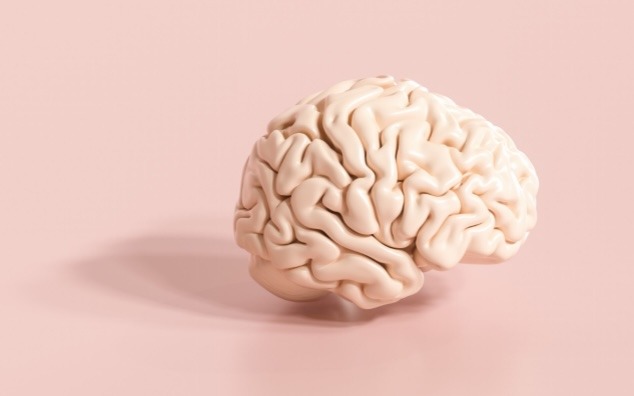You may or may not be aware that a lot of people deal with brain or nervous system injuries, or perhaps some type of illness that impacts their neurological function. Now, these individuals can often jump to a negative conclusion about the future, which is not something they should do.
If you or someone you care about, like your child, fits this description, you probably want to learn more about neurological rehabilitation, including its many benefits and how to get started.
Reducing symptoms, increasing functional ability, and enhancing an adult or a child’s quality of life and health are all goals of neurological therapy.
If you’re researching this particular topic, we’re here to tell you that you’ve come to the right place! We’ll go over some of the benefits of undergoing neurological therapy in greater detail below. Here’s what you need to know:
Stopping complications from arising

When neurological disorders go untreated, they can cause a wide range of other problems. These consequences may increase the likelihood of the underlying illnesses becoming much more severe, or even fatal.
Moreover, additional problems can slow the healing process and lessen the rehabilitation’s impact. By taking part in rehabilitation programs, patients can prevent these consequences, and medical professionals can spot and treat them early on. A good idea is to take a look at this link abilitiesrehabilitation.com to learn more about your options or those of your precious little angel.
Adaptive methods

One of the main goals of neurological therapy is to teach patients how to perform daily tasks despite their neurological impairment. Pretty amazing, right?
Physical therapists evaluate their patients’ limitations and create individualized treatment regimens to help them regain their previous level of independence. These methods have the potential to lessen the severity of impairments and improve patients’ capacity to adjust to and manage their conditions.
Adjusting back to their surroundings
Patients may need help from family members and community-based service providers after hospital discharge if they are unable to return to their previous level of functioning.
But, the awesome part is that the role of therapy in helping patients and caregivers adjust to these shifts can make things a lot easier. Rehabilitation offers direction and support throughout the mentally and physically draining process of adjusting to something new. Find out more info on this page.
Supporting specializations
Do you know what else is great? Doctors, social workers, bioengineers, therapists, and even computer scientists are just few of the professionals who work together on neurological rehabilitation. Each neural program is tailor-made after careful consideration and analysis to fit the requirements of the individual patient.
The awesome thing to know is that this type of therapy is supported by several other specialized areas. And we’ll be more than happy to explain them below:
Physiotherapy
The major focus of physiotherapy is to help adults and kids with neurological illnesses or physical impairments recover as much physical function as possible. Consistent physiotherapy can help people get back to their normal lives by giving them the skills they need to work, play, and enjoy their interests and pastimes again.
This treatment option uses extensive exercise to fix a wide range of issues brought on by nerve damage.
Occupation therapy
To aid adults and kids in returning to their regular routines or Activities of Daily Living (ADL), occupational therapists apply many therapeutic techniques. Some examples are helping people with dysphagia or self-feeding difficulties, making work tasks simpler, recreating realistic driving situations, and controlling spasticity.
Speech and language therapy
Patients with speech problems after suffering from a stroke, brain injury, or other neurological illness are the primary focus of speech and language therapists. Those who have lost the capacity to eat and swallow due to muscle weakness in the throat may find this treatment helpful.
Recreational therapy
During recovery, patients can benefit from recreational therapy by engaging in a variety of individualized leisure pursuits designed to boost their mood, strengthen their social bonds, and increase their quality of life.
And, as we’ve mentioned above, patients in neurological rehabilitation programs benefit greatly from the integrative and individualized care that’s possible thanks to the amazing role of professionals from a wide range of fields.




